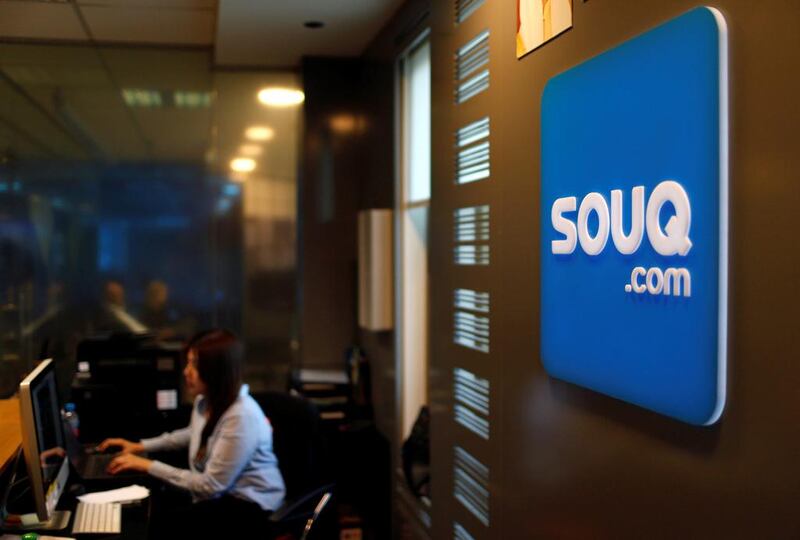Today The National begins a series featuring this "Generation Start-up" with Titanium Escrow, a new venture in the fintech space being incubated by Abu Dhabi.
At every World Economic Forum held in the Middle East since 2003 and in numerous World Bank reports, the one constant has been the ominous challenges unemployment poses to the Mena region and the need to create jobs. By some estimates the region needs 75 million new jobs by 2020.
Over the past decade and a half, the UAE has become the epicentre of robust economic activity in the Arab world. It is to the region today what the United States was to immigrants in the early 1900s – the land of opportunity. With the global financial crisis, the country became a port of call for people from across the globe.
In the advent of the digital age, the UAE's leadership and notable business leaders from across the Arab world understood the changing dynamics of the global economy. Bureaucratic red tape, long an impediment to entrepreneurship, has diminished with the number of days it takes to start a business in the UAE, dropping to 8 days in 2016 from 19 in 2003, according to the World Bank. That's on par with OECD members and ahead of the European Union which has an average of 10 days. The average for the Arab world has dropped to 23 days from 47 in the same time period.
The UAE has been the leader in creating an environment that promotes and nurtures entrepreneurship, improves education, encourages innovation and is inclusive of growth. That ecosystem has been conducive to not only attracting talent but ostensibly helping produce a generation of job creators instead of job seekers.
The regulatory framework has been streamlined. Liquidity, a critical component of the start-up ecosystem, has improved allowing greater access to capital. Naspers, Africa’s largest company by market value was a key investor in online retailer Souq.com, recently acquired by Amazon. Compared to a decade ago there are more than a dozen venture capital funds that are targeting start-ups in the region. Brick and mortar retailers in the region are competing with the uptick in e-commerce which is challenging businesses with the price transparency digitization has brought to the market.
The new generation of job creators is the one shaping what’s known as the Fourth Industrial Revolution, which is disrupting businesses globally and changing the socio-economic landscape across the region. All the more inspiring is that this evolution has been and continues to take place despite turbulent geopolitical events.
The Arab world may not be on par with Silicon Valley but the region is at a promising juncture despite the odds. No matter where you look - Casablanca, Tunis, Cairo, Amman, Beirut, Gaza, Dubai, Riyadh - there are winds of change.





